
Audiobook, 9 CDs
I am an Amazon Affiliate
Station Eleven by Emily St. John Mandel, narrated by Kirsten Potter, opens with the on stage demise of Arthur Leander, a famous actor who has a number of wives and feels disconnected from his own son. While a few of the characters are connected with Leander, those connections really don’t matter in the grand scheme of the novel, and many of the tertiary characters met at the beginning die weeks into the epidemic after his death. Mandel may be using the distance from the characters to create a sense that who lives and dies is random and without purpose, but it’s a blunt instrument that leaves little room for connection between the reader and the characters that have adventures in the book.
The Traveling Symphony is the most intriguing with its odd cast of characters and Kirsten Raymonde’s tattoo from Star Trek: “Because survival is insufficient.” She was present on stage as Leander died, and her life since the epidemic is one she would rather not have endured, though she maintains her spirits. As these cast members, for that’s how they are portrayed, deal with the aftermath of civilization, it’s a wonder that any art or creativity remains, especially when there are men like the Prophet willing to engage in bigamy with young girls and spout nonsense to their people about being the chosen ones — so long as they obey him.
Station Eleven by Emily St. John Mandel, narrated by Kirsten Potter, was a 2014 National Book Award Finalist that wowed many, but I felt a bit distant from the action and the characters. While I enjoyed this story and the vignettes and the back and forth between the present and the past in this post-apocalyptic story, Mandel kept me at too far a distance from her characters. She’s attempting to comment on the need for something more than just survival when disaster strikes and how to do it, but much of it is lost in the mire. Like the traveling artists that take to the pop-up cities and towns after the Georgia Flu kills 99% of the population, readers will feel like they don’t get a deep feel for the places visited or the people they spend time with. The stories are interesting and kept my attention, but there was too much time spent wondering where it was all going and what the point was.
RATING: Couplet
About the Author:
Emily St. John Mandel was born and raised on the west coast of British Columbia, Canada. She studied contemporary dance at the School of Toronto Dance Theatre and lived briefly in Montreal before relocating to New York.
Her fourth novel, Station Eleven, is forthcoming in September 2014. All three of her previous novels—Last Night in Montreal, The Singer’s Gun, and The Lola Quartet—were Indie Next Picks, and The Singer’s Gun was the 2014 winner of the Prix Mystere de la Critique in France. Her short fiction and essays have been anthologized in numerous collections, including Best American Mystery Stories 2013. She is a staff writer for The Millions. She lives in New York City with her husband.
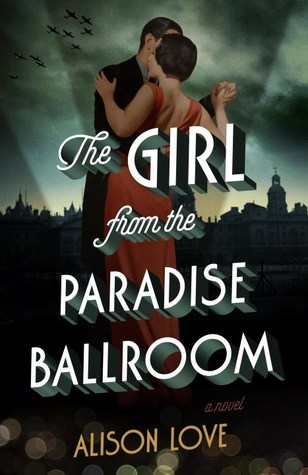

 About the Author:
About the Author:
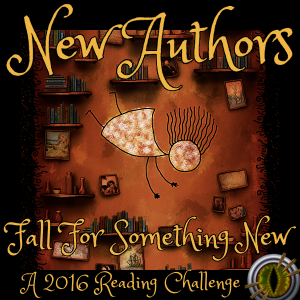
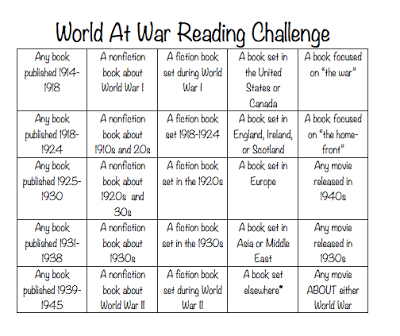

 Source: Public Library
Source: Public Library
 About the Author:
About the Author:
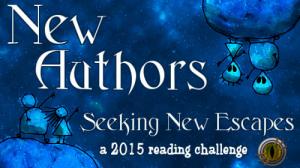

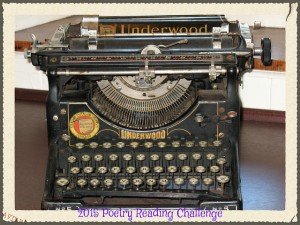


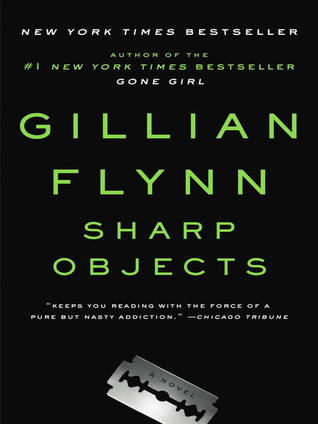
 About the Author:
About the Author: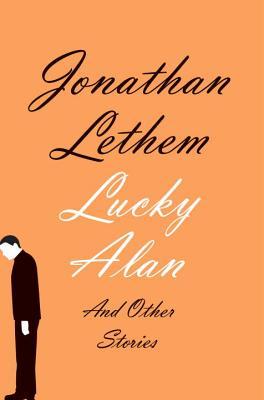
 About the Author:
About the Author:



